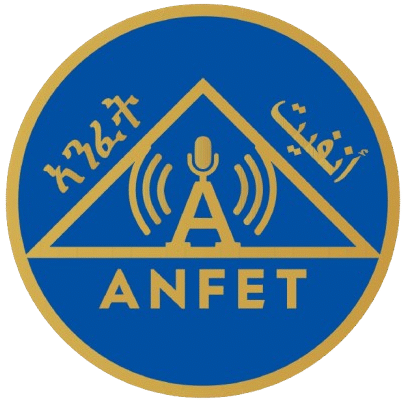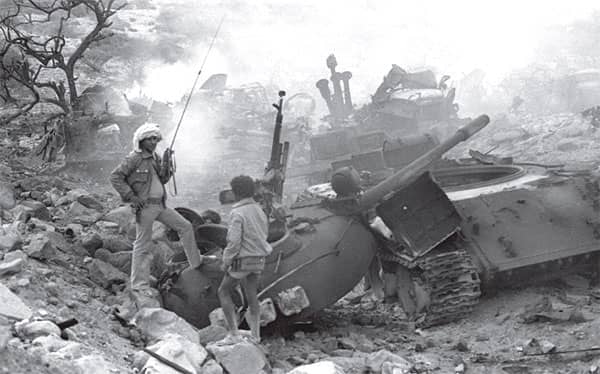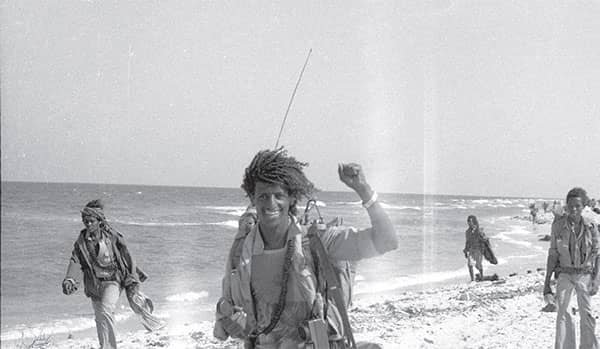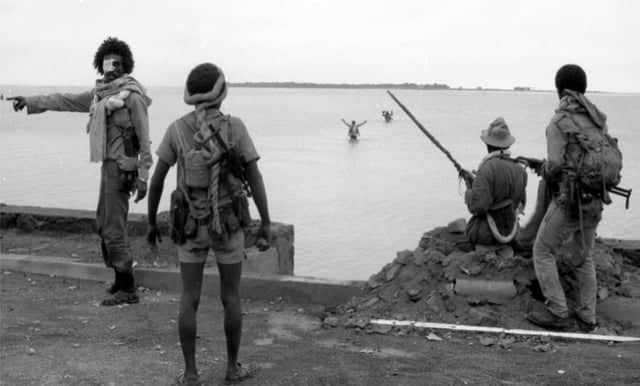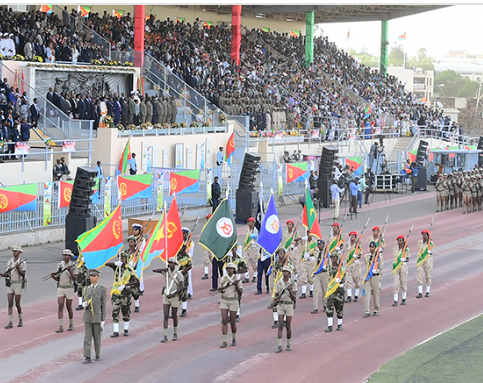
ANFET Editorial on Eritrean 34th Independence Day Speech- May 24, 2025
President Isaias Afewerki’s latest address to the nation is as telling in its omissions as it is in its declarations. Spanning 21 minutes, the speech dedicated only three minutes to Eritrea’s internal matters while allocating a full 18 minutes to global and regional topics, including the United States, China, Sudan, and Ethiopia. The distribution of his focus raises an essential question: Where does Eritrea fit in its own leader’s priorities?
Global Power Struggles Take Center Stage
For eight of his 18-minute international segment, Afewerki fixated on the decline of the United States and the rise of China. He painted the U.S. economy and military strength as fading, juxtaposing them with China’s ascent as the new global leader. While Eritreans grapple with stagnation and economic collapse, their leader focused on U.S. domestic struggles and foreign geopolitical shifts.
Two minutes on Sudan; Despite engaging in cross-border military interventions himself, Isaias Afewerki fails to acknowledge the interventionist nature of his actions. In his two-minute commentary on Sudan, he referenced the country’s revolution and military involvement yet avoided taking a clear stance on the unfolding crisis. Instead, he vaguely suggested that Sudanese citizens should reclaim their revolution without foreign interference—an ironic position given his own history of regional military engagements. Meanwhile, Sudan’s turmoil remains deeply entangled with the strategic interests of global and regional powers.
Ethiopia received four minutes, featuring a dire forecast of instability. Afewerki claimed Ethiopia had exhausted all hopes for reform and stood on the brink of war, blaming external forces for the turmoil. Notably, he reassured Eritreans that their collaboration with Ethiopia was not a mistake—seeking to justify past decisions without acknowledging growing regional tensions.
Eritrea: An Afterthought?
It was in the final three minutes that Afewerki turned his attention to Eritrea. His statements revisited 34 years of economic challenges, focusing on water, energy, industrialization, and manufacturing—topics that remain unresolved despite decades of governance. In stark contrast to his repeated optimism, Eritrea’s industries have collapsed, cities like Massawa and Assab are in decline, and the overall economy struggles under failing policies. His own recent analysis contradicts the hopeful tone of his conclusion, exposing a widening gap between rhetoric and reality.
A Speech That Speaks Volumes
Afewerki’s address offers a revealing look into his state of mind—one where regional and global developments overshadow Eritrea’s domestic crises. His fixation on external affairs raises concerns about leadership priorities, as the people of Eritrea remain in limbo while their leader redirects focus beyond their borders.
For Eritreans seeking answers and solutions, these 21 minutes were yet another reminder that the nation’s struggles continue to be acknowledged but not addressed. As political observers dissect his words, one undeniable truth emerges: Eritrea deserved more than three minutes.
